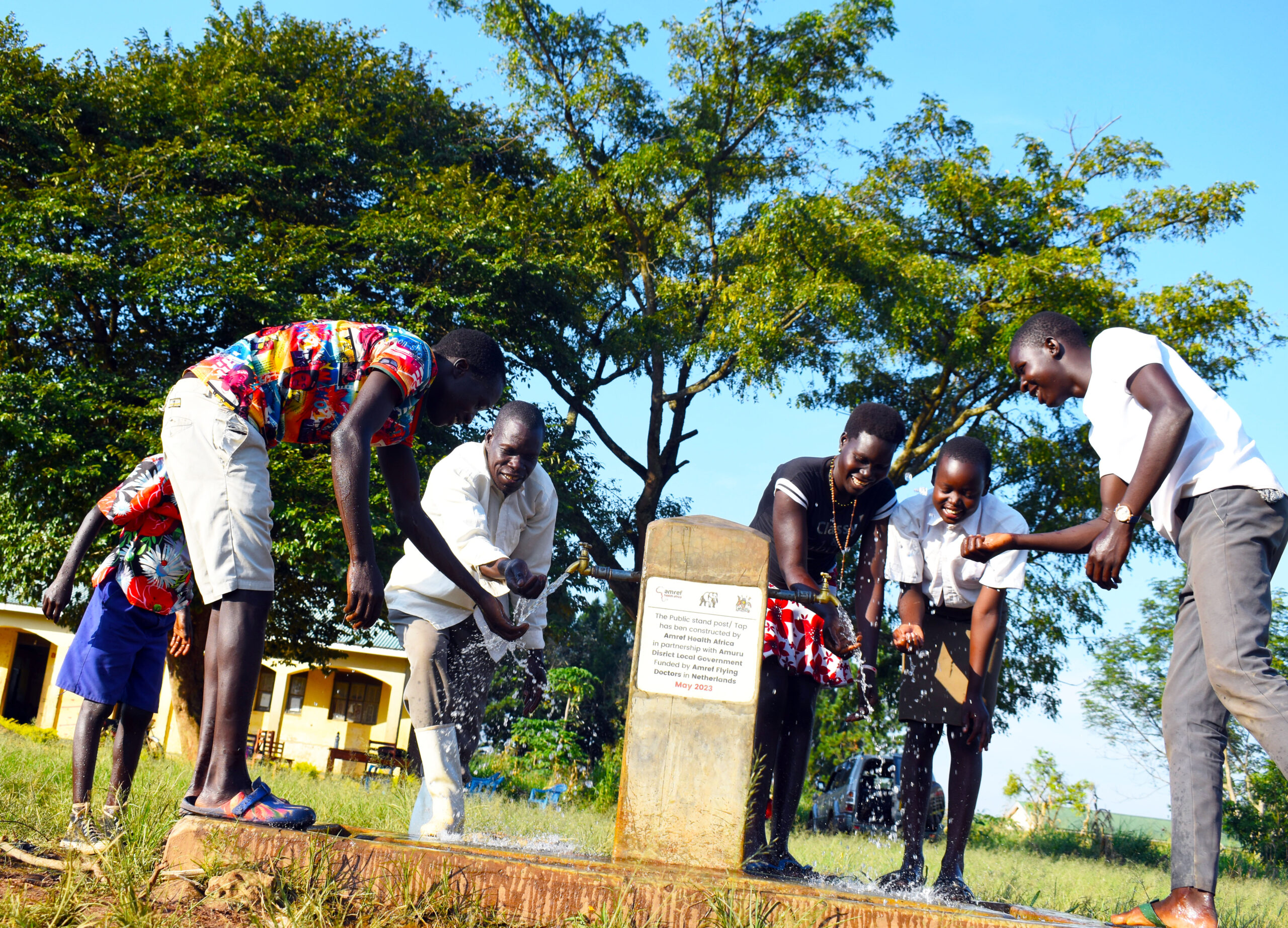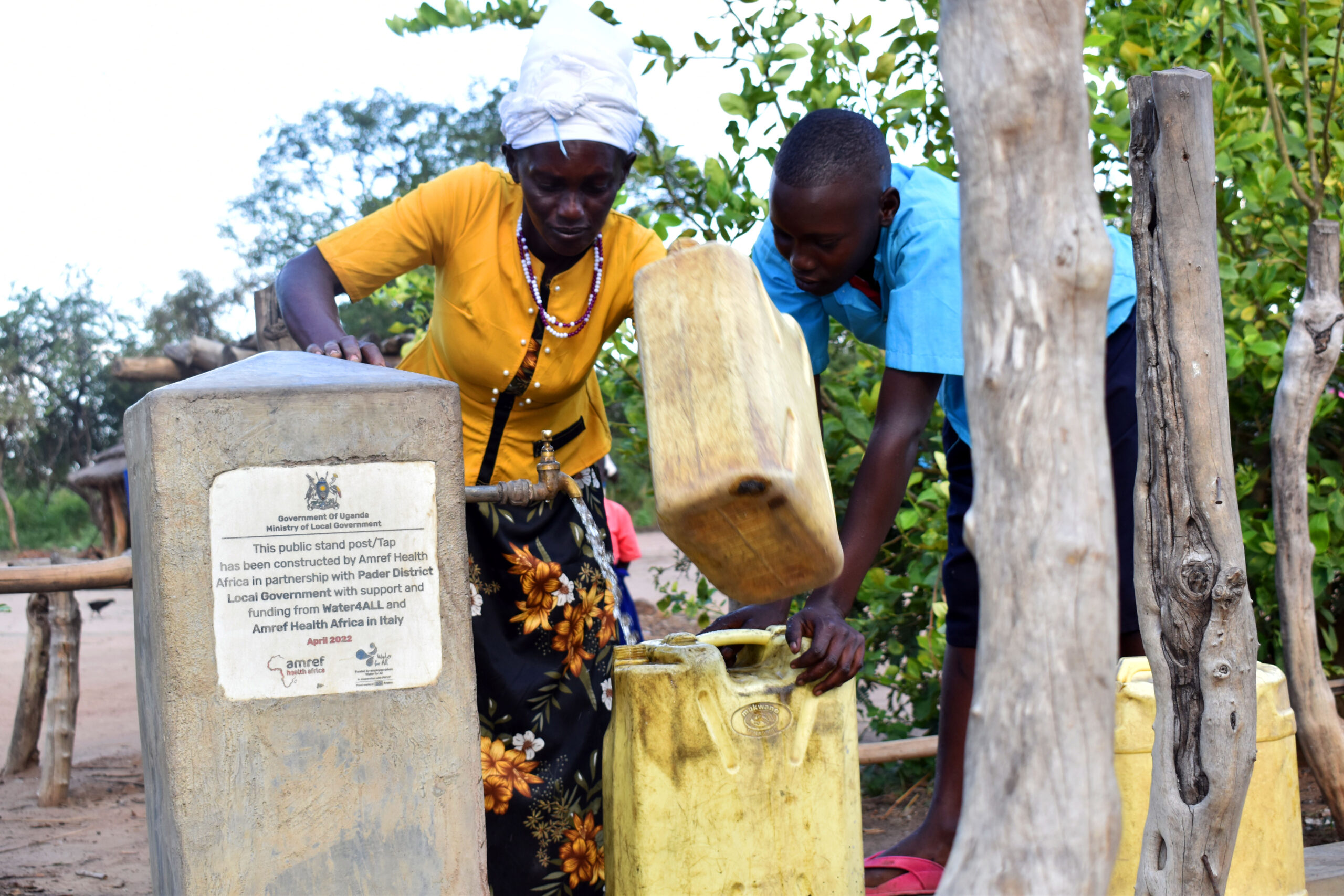Heroes at the First Conference of the Association of Obstetrics and Gynaecologists of Uganda.
Wednesday, 8 May, 2024

Prioritising Maternal and Newborn health in the Eastern Region.
Maternal and newborn health is a crucial indicator of the overall well-being of a society, reflecting the accessibility, quality, and utilisation of healthcare services. Eastern Uganda, like many regions in sub-Saharan Africa, faces significant challenges in ensuring adequate maternal and newborn health. With support from the Heroes for GenderTransformative action program, we joined the 1st conference of the Association of Obstetricians and Gynaecologists of Uganda, Eastern Region under the Theme: “Prioritising maternal and newborn health in Eastern region of Uganda: let us hold our hands together,” to discuss safe motherhood strategies, human resources for health, partnership and collaboration, and community involvement in health if we are to see improvements in MCH indicators.
Eastern Uganda, characterised by its rural landscape and limited infrastructure, struggles with healthcare accessibility, varying quality of Health care services, poverty, lack of education, and unemployment contribute to poor health-seeking behaviors and limited access to healthcare services. Women from disadvantaged backgrounds are more to experience adverse maternal and newborn health outcomes due to barriers such as out-of-pocket healthcare costs and competing priorities for household resources. We contributed best practices undertaken by the Heroes program in this regard and also exhibited initiatives that are being utilised by the program to reach mothers with Reproductive Health Education and Information.
Heroes’ Contribution to Maternal and Newborn health.

- 54 Public and private Health facilities strengthened to provide quality SRHR/SGBV services to an increasing no. of young people and women
- Reached 890,372 girls, boys and women with comprehensive correct SRHR/SGBV information and prevention skills
- Conducted 216 outreaches for hard to reach areas providing services like Family planning, antenatal care, post natal care and HPV
- Trained 407 HCWs on SRHR/SGBV service provision
- Gained 68,771 women and girls using modern contraceptives
To improve maternal and newborn health in Eastern Uganda, we need more evidence-based approaches, sustained political commitment, and collaboration among stakeholders. Addressing root causes will lead to equitable and sustainable improvements in healthcare access and outcomes for women and newborns.
Amref Health Africa teams up with African communities to create lasting health change.



